
Atech®’s “AtechProof®” waterproofing range covers a vast range of waterproofing applications, such as wet area substrates, balconies, terraces, retaining walls and rooftops. Our easy to navigate selection takes the pain out of trying to understand the intricacies of product selection when it comes to application and the specification process. Our range of membranes have all been tested to meet Australian standards in NATA approved laboratories.
TRUST AND PROTECT WITH ATECH®.
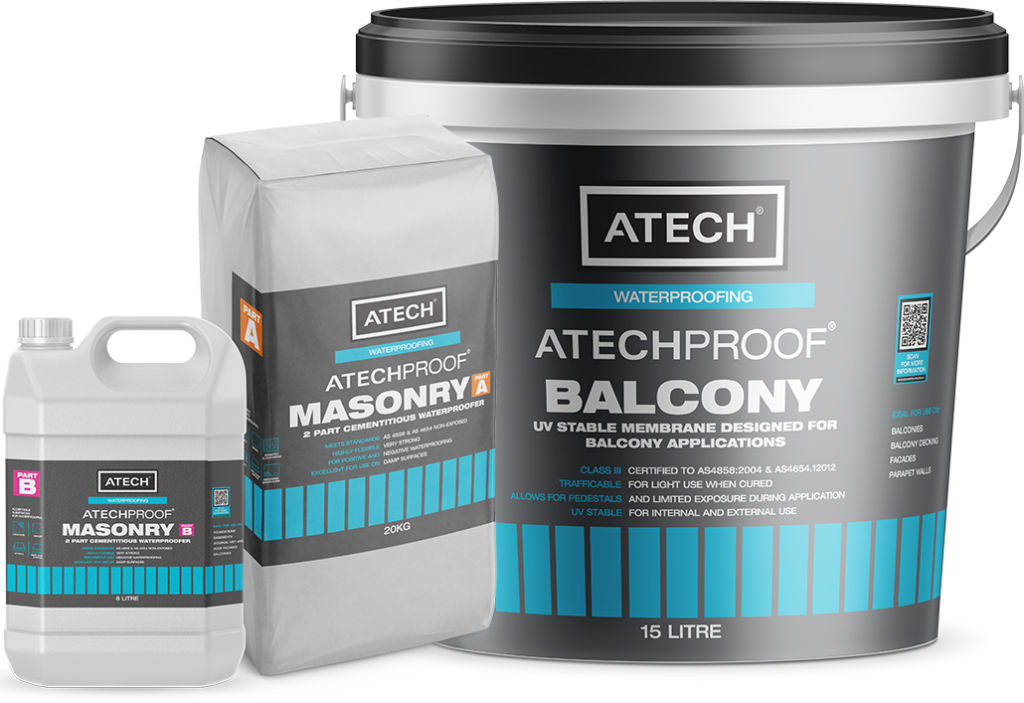

Atech®’s “AtechProof®” waterproofing range covers a vast range of waterproofing applications, such as wet area substrates, balconies, terraces, retaining walls and rooftops. Our easy to navigate selection takes the pain out of trying to understand the intricacies of product selection when it comes to application and the specification process. Our range of membranes have all been tested to meet Australian standards in NATA approved laboratories.
TRUST AND PROTECT WITH ATECH®.


Atech®’s “AtechProof®” waterproofing range covers a vast range of waterproofing applications, such as wet area substrates, balconies, terraces, retaining walls and rooftops. Our easy to navigate selection takes the pain out of trying to understand the intricacies of product selection when it comes to application and the specification process. Our range of membranes have all been tested to meet Australian standards in NATA approved laboratories.
TRUST AND PROTECT WITH ATECH®.


Atech®’s “AtechProof®” waterproofing range covers a vast range of waterproofing applications, such as wet area substrates, balconies, terraces, retaining walls and rooftops. Our easy to navigate selection takes the pain out of trying to understand the intricacies of product selection when it comes to application and the specification process. Our range of membranes have all been tested to meet Australian standards in NATA approved laboratories.
TRUST AND PROTECT WITH ATECH®.

Showing 1–12 of 15 results
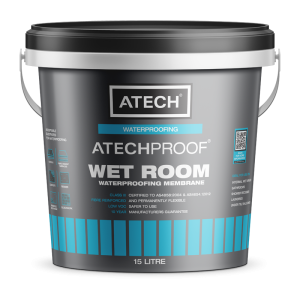
15L
$175.99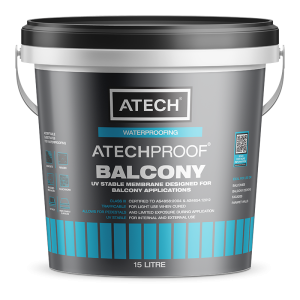
15L
$276.99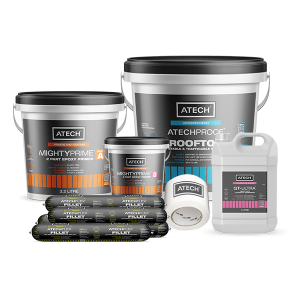
24kg
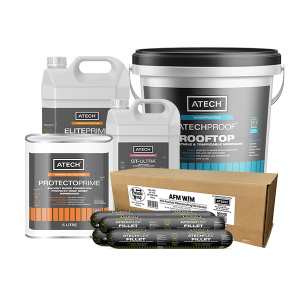
24 kg
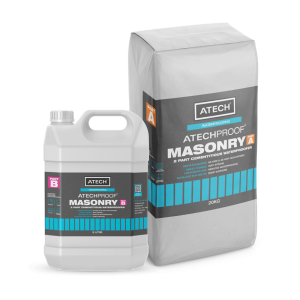
20 KG + 8 L
$208.99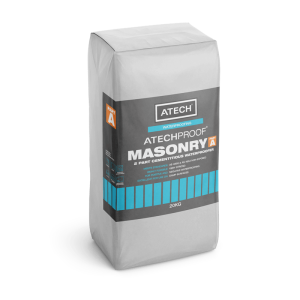
20kg
$84.99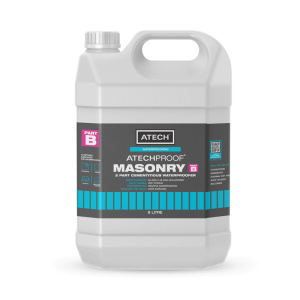
8L
$138.99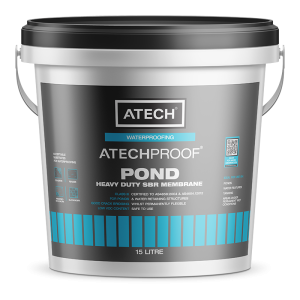
15L
$285.99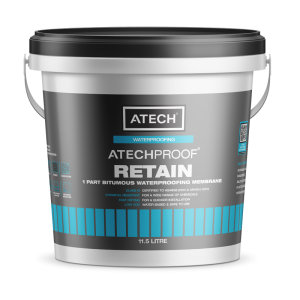
11.5L
$208.99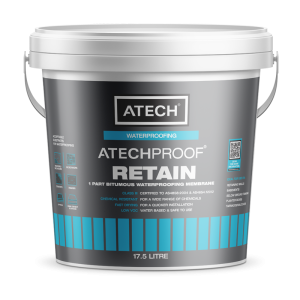
17.5L
$252.99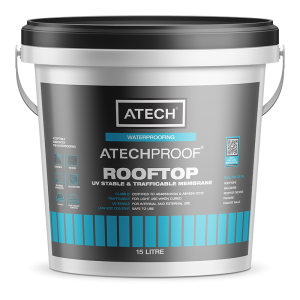
15L
$298.99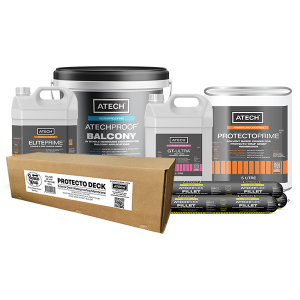
24 kg
Atech® Products foundations are built for the future of the Australian building industry in making Australia a better place. Atech® Products proudly acknowledges the traditional owners and custodians of the land which we work and live. With their rich culture, we pay respect to Aboriginal Elders both past, present and future. Atech® Products strive for a future based on sustainability, and assisting Australians to build in a way that helps generations to come.




©Copyright 2023 • ATECH® Products
Please fill in the form and our friendly team will be in touch